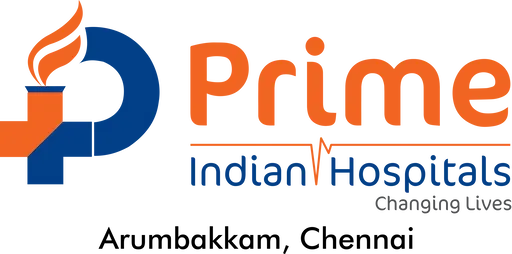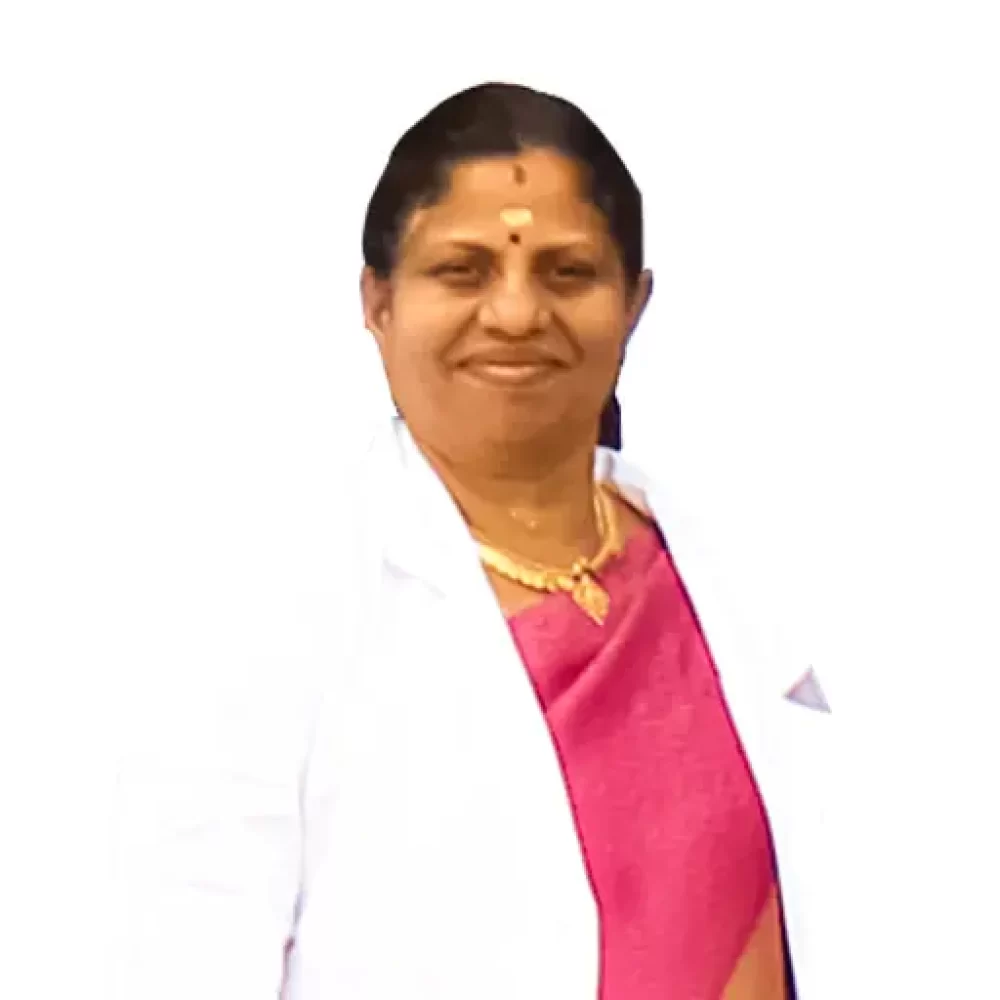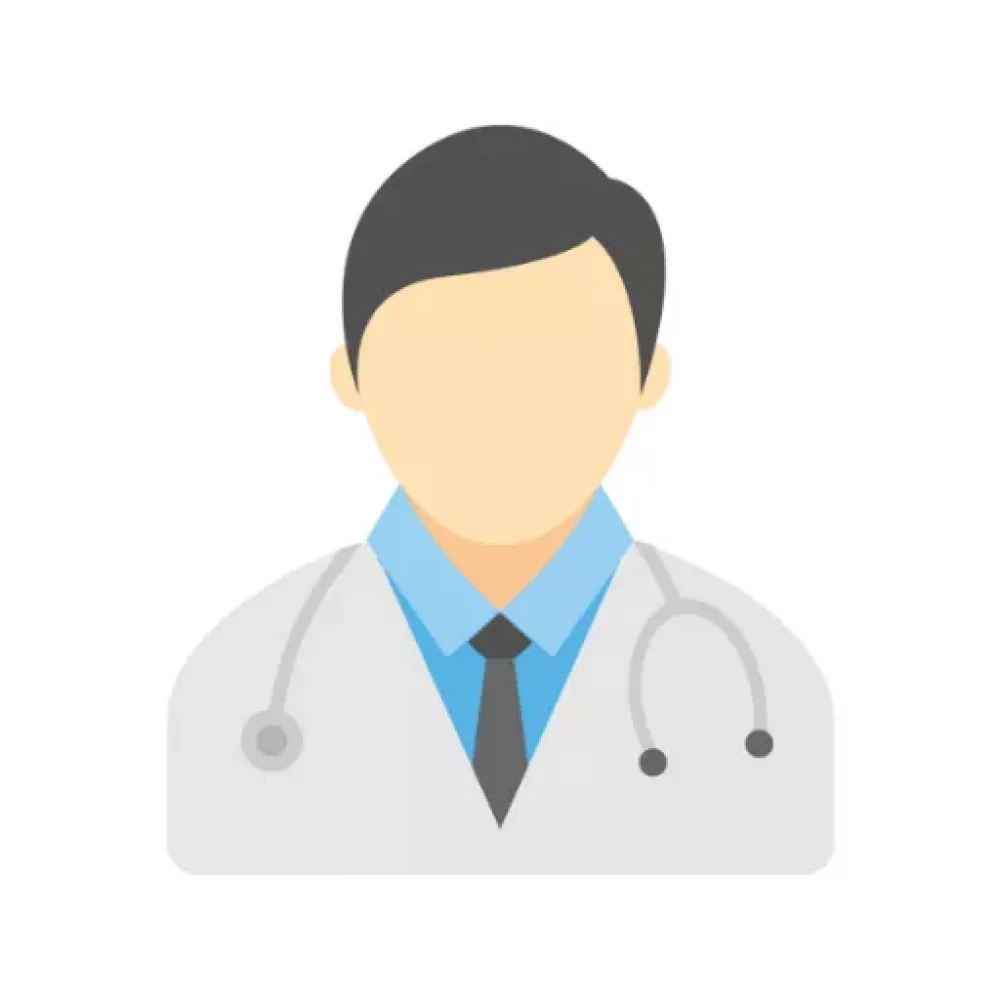Food intolerances & malabsorption are two interconnected conditions that affect the body’s ability to digest and absorb nutrients from food. These disorders can lead to a wide range of gastrointestinal issues and systemic complications if not diagnosed and managed effectively. Food intolerance occurs when the digestive system is unable to process certain foods, often due to a deficiency of an enzyme required for digestion. On the other hand, malabsorption refers to the inability of the intestines to absorb nutrients from food, leading to deficiencies in essential vitamins, minerals, and other nutrients. Both conditions can cause discomfort, affect nutrition, and impact quality of life.
Understanding their causes, symptoms, and the differences between the two is crucial for diagnosis and treatment. Proper management through dietary modifications, medication, and in some cases, medical interventions can significantly improve the patient’s well-being.
What is Food Intolerance?
Food intolerance is a non-immune reaction where the gut struggles to digest or process foods, leading to bloating, cramps, diarrhea, or headaches hours after eating. Unlike allergies, it rarely causes life-threatening symptoms but can disrupt energy, sleep, and mood. Triggers include lactose, fructose, histamine, caffeine, and food additives. Keeping a food–symptom diary helps pinpoint patterns, while professional guidance streamlines substitutions and gradual reintroduction. Support through Food Intolerances & Malabsorption Treatment in Chennai prevents nutrient gaps and restores confidence in meals.
What is Malabsorption?
Malabsorption means impaired digestion or uptake of nutrients in the small intestine, causing deficiencies in proteins, fats, vitamins, or minerals despite adequate intake. It often presents with bulky stools, weight loss, fatigue, hair fall, or infections. Causes include celiac disease, pancreatic insufficiency, bile acid problems, or bacterial overgrowth. Thorough evaluation guides Malabsorption Syndrome Treatment in Chennai, combining therapy with nutrition support. Timely care, including Food Intolerances & Malabsorption Treatment in Arumbakkam, helps prevent anemia, osteoporosis, growth delay, and fertility concerns.
Symptoms and Signs
- Digestive discomfort such as bloating, abdominal cramps, excess gas, and irregular bowel movements is common. Symptoms often flare a few hours after meals and disrupt daily routines and social activities too. Patterns tied to specific foods are strong clues.
- Chronic diarrhea or constipation can alternate, producing urgency, incomplete emptying, or pale, oily stools that float. These changes reflect maldigestion or malabsorption of fats and carbohydrates. Hydration risk rises when episodes are frequent.
- Systemic effects include fatigue, brain fog, headaches, and sleep disruption. These arise from inflammatory mediators, fluid shifts, or nutrient deficits, and they undermine productivity. Concentration tends to improve when triggers are identified and limited.
- Skin and hair changes such as rashes, acne-like eruptions, eczema, or hair thinning may appear. Histamine intolerance can worsen flushing or hives after wine, cheese, or fermented foods. Guidance prevents unnecessary restrictions.
- Weight changes, unintentional loss, can signal nutrient shortfalls. Iron, B12, folate, calcium, and vitamin D deficiencies contribute to weakness, nails, mouth ulcers, bone pain. Screening aligns with Food Intolerances & Malabsorption Treatment in Chennai.
- Recurrent bloating after dairy, wheat, or high-fructose items suggests specific intolerances. A structured elimination–rechallenge plan and supervised food challenges clarify culprits. Anxiety often eases once a plan exists.
Types
- Lactose intolerance stems from low lactase enzyme, causing gas and diarrhea after milk or soft cheeses. Some tolerate yogurt or lactose loads with meals. Calcium and vitamin D preserved using fortified, lactose-free alternatives.
- Fructose intolerance or malabsorption causes bloating and pain after juices, honey, or high-fructose corn syrup. Pairing fructose with glucose and limiting polyols reduces symptoms. Food Intolerances & Malabsorption Treatment in Chennai streamlines care when needed.
- Histamine intolerance produces flushing, headaches, nasal congestion, or hives after aged, smoked, or fermented foods. Rotating fresh options and careful storage reduces histamine build-up. Oversight prevents overly restrictive diets and tracks symptom trends.
- Gluten-related conditions encompass both celiac disease and non-celiac gluten sensitivity. Celiac requires a gluten-free diet to heal villi, correct deficiencies. Testing precedes change to avoid false negatives during a Food Intolerance Test in Chennai.
- Fat malabsorption (steatorrhea) follows pancreatic insufficiency, bile acid loss, or small-bowel disease. Stools greasy and difficult to flush. Care uses MCTs, pancreatic enzymes, vitamin repletion through Food Intolerances & Malabsorption Treatment in Chennai.
- Micronutrient malabsorption affects iron, B12, folate, or fat-soluble vitamins. Consequences range between anemia, neuropathy, osteoporosis. Specialized clinics, including Food Intolerances & Malabsorption Treatment in Arumbakkam, coordinate evaluation, supplementation, and follow-up to restore reserves.
Causes
- Enzyme deficiencies reduce ability to break down lactose, sucrose, or complex carbohydrates. Shortfalls may be genetic or acquired after gastroenteritis, celiac disease, or small-bowel inflammation. Targeted supplementation and spacing trigger foods restore comfort.
- Carbohydrate transport issues limit absorption of fructose or sorbitol. Overload in beverages or processed foods draws water into the intestine, causing gas and diarrhea. Gradual titration under a structured plan prevents unnecessary exclusions.
- Histamine degradation defects, including reduced diamine oxidase activity, heighten reactions to aged or fermented foods. Alcohol and some medications further inhibit breakdown. Clarifying thresholds is central to Food Intolerances & Malabsorption Treatment in Chennai.
- Bile acid deficiency or malabsorption follows gallbladder removal, ileal disease, or dysbiosis. Excess bile salts reaching the colon cause watery diarrhea and urgency. Bile acid binders and microbiome-supportive strategies address the underlying mechanism.
- Pancreatic insufficiency limits fat digestion, leading to weight loss, steatorrhea, and fat-soluble vitamin deficits. Chronic pancreatitis, cystic fibrosis, or duct obstruction occur. Coordinated care dovetails with Malabsorption Syndrome Treatment in Chennai for durable results.
- Functional gut disorders and stress amplify sensitivity, lowering the threshold for symptoms. Sleep loss and ultra-processed diets worsen motility and bloating. Counseling on food intolerance test price in Chennai guides evaluation and decisions.
Diagnosis
- A detailed history maps symptoms to timing, portions, food categories, medications, and stress. A food–symptom diary reveals patterns and reduces recall bias. Red flags like bleeding, fever, or nighttime pain prompt urgent evaluation.
- Physical examination looks for dehydration, abdominal tenderness, mouth ulcers, dermatitis, pallor, and signs of thyroid or autoimmune disease. Weight, height, and mid-arm circumference track trends. Children are assessed for growth velocity and developmental milestones.
- Laboratory tests assess blood count, electrolytes, liver enzymes, iron studies, B12, folate, vitamin D, and inflammatory markers. Coeliac serology and thyroid tests when appropriate. Stool studies evaluate fat loss, calprotectin, blood, or infections.
- A structured elimination–rechallenge protocol remains the standard. Two to six weeks of removing suspected triggers then followed by staged reintroduction while monitoring symptoms. This avoids over-restriction and confirms tolerance thresholds with real foods.
- Targeted tests include breath testing for lactose or fructose malabsorption, and bile acid tests where available. Endoscopy assesses celiac or inflammatory bowel disease. Coordination within Food Intolerances & Malabsorption Treatment in Chennai ensures completeness.
- Counseling carefully explains the scope, accuracy, and limits of a Food Intolerance Test in Chennai. Discussing food intolerance test price in Chennai enables choices about insurance coverage and out-of-pocket planning without delaying care.
Treatment and Management
- Those seeking Food Intolerances & Malabsorption Treatment in Chennai receive pathways, education, guidance. Plans specify follow-ups, escalation criteria, relapse prevention. Leadership includes a Best Doctor For Food Intolerance Treatment in Chennai, ensuring continuity.
- Personalized nutrition emphasizes safe foods while reducing triggers. Dietitians teach label reading, portions, and substitutions that preserve protein, calcium, iron, and fiber. Food Intolerances & Malabsorption Treatment in Chennai adapts plans to cultural preferences.
- Stepwise reintroduction clarifies tolerance thresholds and expands choices. Using food challenges, enzyme aids, or lactase-treated dairy, many regain variety without distress. Progress is tracked against symptoms, weight trends, and lab markers to confirm stability.
- Targeted medications address mechanisms: pancreatic enzymes improve fat digestion; bile acid binders reduce diarrhea; antibiotics or probiotics modulate small-intestinal bacterial overgrowth. Antihistamines or DAO supplements assist histamine intolerance when non-drug steps fall short.
- Lifestyle and gut-brain support—sleep regularity, stress skills, mindful breathing, and graded activity—gently raise the symptom threshold. Mindful eating and slower meal pacing reduce aerophagia and bloating. Ongoing check-ins help sustain momentum between reviews.
- Dr. R. Kannan at Prime Indian Hospital leads care. As a Best Doctor For Food Intolerance Treatment in Chennai, he aligns tests and therapies with goals. Follow-ups track nutrition and quality of life.
Conclusion
Understanding food intolerances and malabsorption is essential for managing these conditions effectively and preventing serious health complications. With proper diagnosis, early intervention, and personalized care, individuals can lead a healthy life while managing their nutritional needs. Regular monitoring, dietary changes, and professional medical support play a crucial role in managing malabsorption and food intolerances. At Prime Indian Hospital, we are dedicated to providing comprehensive care for patients suffering from these conditions, ensuring that each patient receives the most appropriate treatment tailored to their specific needs. Proper diagnosis and treatment are vital for preventing the long-term effects of malabsorption and maintaining optimal health.














